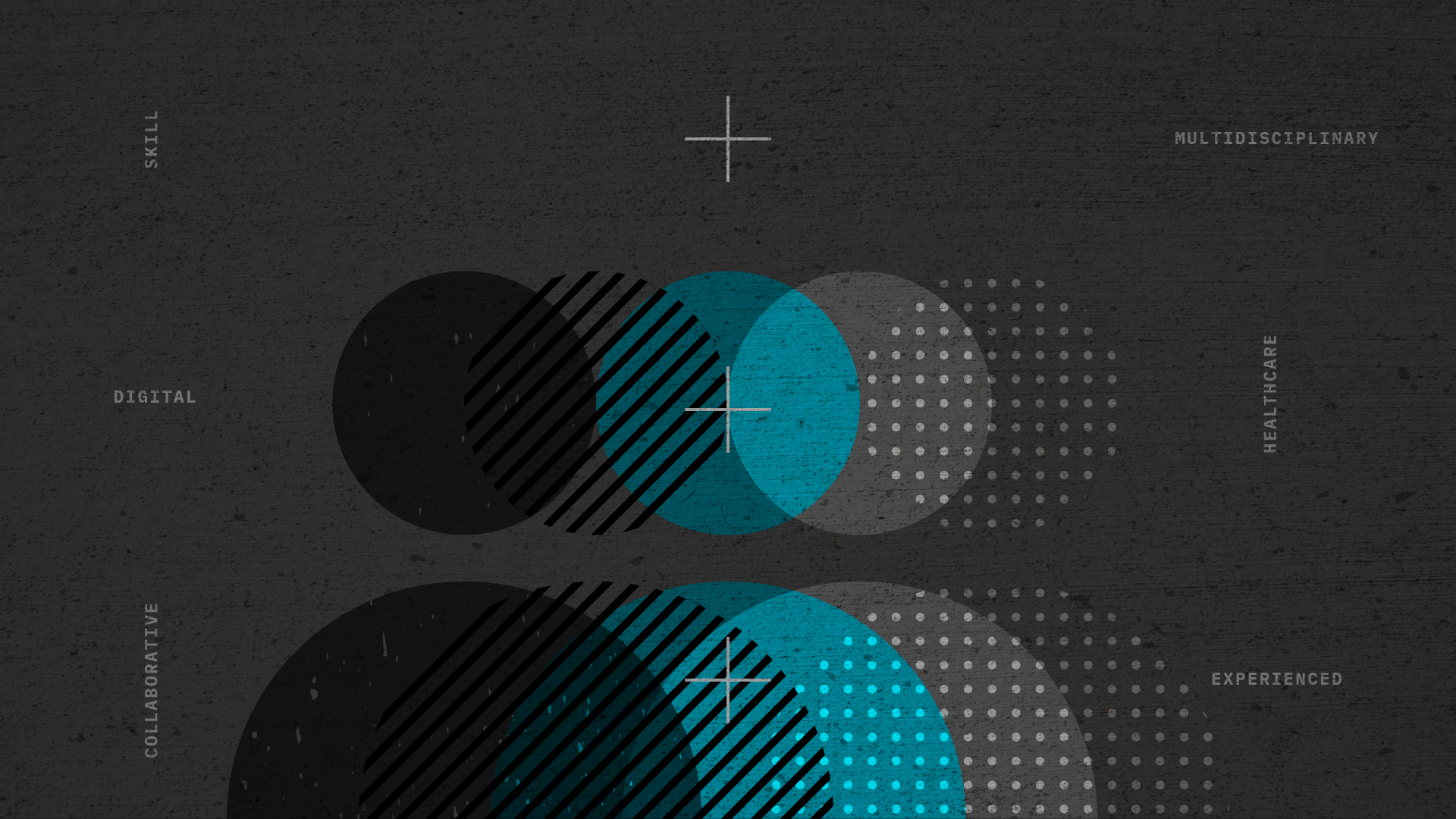When you mention personalization for digital experiences, it can conjure up all sorts of Minority Report notions: aggressive ad targeting, invasive analytics, and generally being too much in our private business. However, that's when we think about it in the abstract or in broad strokes. When we look at specific use cases and tactical benefits, consumers actually appreciate personalization.
Believe it or not, when asked simpler questions about what they expect from a business, there is a distinct preference for personalization. For example, in a recent McKinsey Next in Personalization 2021 Report, 67% of respondents agreed with the statement, “Give me relevant product/service recommendations.” In practice, consumers are looking for help and guidance to find the product or service they need. In fact, in a modern web or app experience, lack of personalization can be perceived as the brand not understanding them or knowing their tastes. When we think about brand loyalty, that is the exact opposite of what we want.
Personalization in Healthcare
Applying personalization to healthcare can also seem like a daunting task, especially when thinking about HIPAA compliance or patient privacy. But in the context of a your healthcare system’s public-facing website, your organization doesn’t need to know any more about the consumer than any other retail website does to provide personalization. For example, the simple act of paying attention to the consumer can help us make more informed content choices. We can speak to them differently or show imagery that reflects them to reinforce that we are a healthcare system that accepts everyone, especially people like them.
Personalization can also be used to make care or services recommendations, location suggestions, or clearer calls-to-action for consumers so they have the most relevant care options at their fingertips.
The Technology
Of course, that sounds great, but it must be a pretty big technology stack lift. Right? Actually, not really. Digital Experience Platforms, like Sitecore, provide a solid foundation for personalization. In fact, personalization is embedded in Sitecore and can be leveraged, out of the box, once a strategy and approach is defined. As healthcare tends to cautiously follow most other industries, most tech platforms either have personalization capabilities at the ready, or can easily be extended to do so.
The Business
Of course, shiny new tech that promises to make everything better is great, but knowing how it will support your users, and ultimately your success is what really matters. Fundamentally, when a consumer needs healthcare, the reason may specific and acute or more general or ambiguous; it can cover a wide swath. Take into consideration both the unfamiliarity with healthcare, generally, and the likely apprehension they may feel and one thing becomes clear: the consumer is looking for advice and guidance.
Of course, nothing will replace the insight of an experienced and expert healthcare provider. What is important here is that personalization can make the path to that healthcare provider smoother and more confident for the consumer. Anticipating questions and providing answers, providing options for the consumer that fit their needs, or adapting navigation and featured content to better educate and facilitate are all examples of how personalization can help both the business and the consumer.
aha! is a champion of enabling consumer choices and options when seeking healthcare. If you’d like to talk more about personalization, we’d love to and think your consumers would benefit from making healthcare easier to navigate with some guidance.


